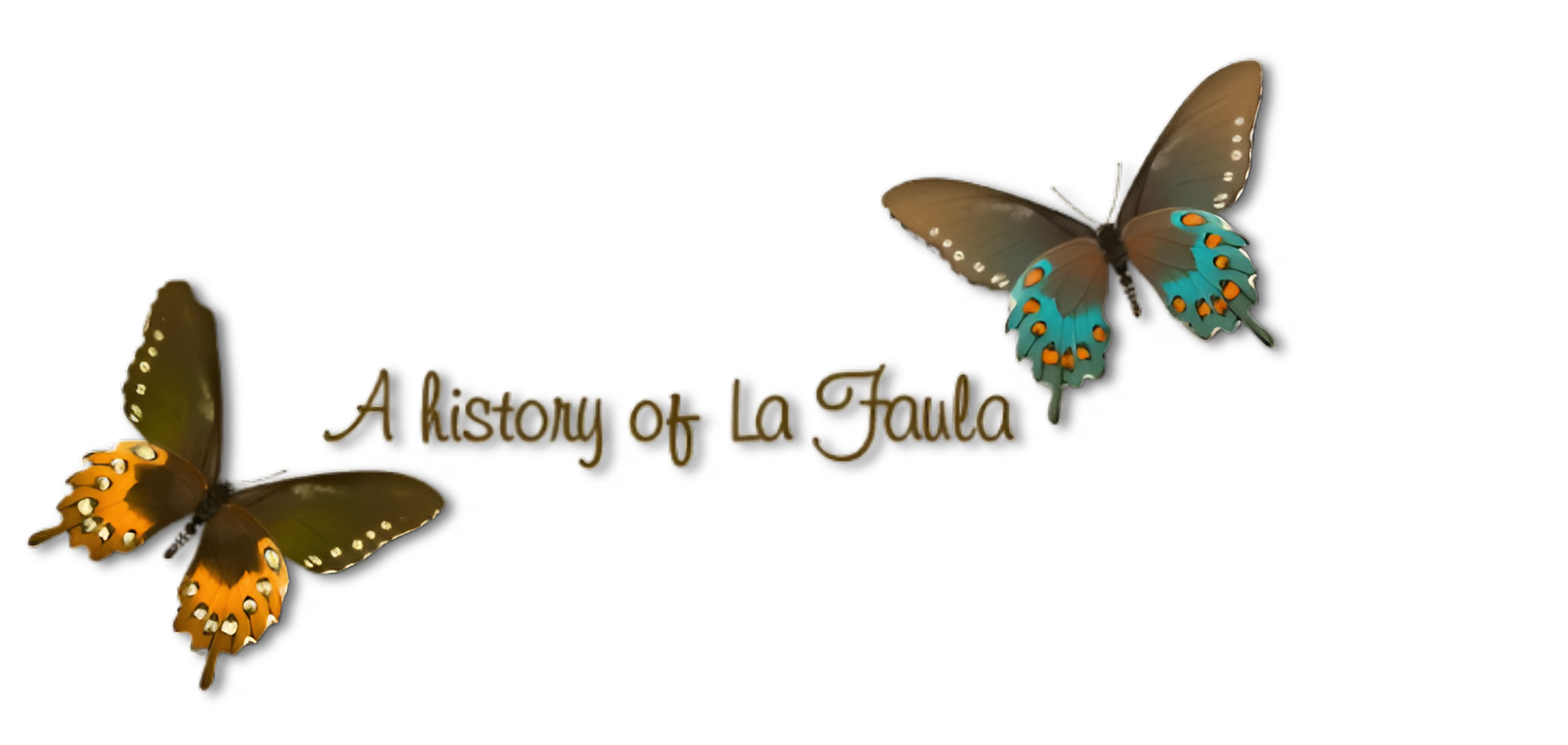The Basso Family and the Agricultural Tradition
A Story of Sacrifice, Roots, and Rural Resilience in the Friulian Hills
Roots in the Land of La Faula
In the early 20th century, the Counts of Angoris owned the land at La Faula.
>round 1930, the Basso family from Noale, Veneto, became tenant farmers under a sharecropping agreement.
Led by Angelo Basso, five of his sons—Mario, Amedeo, Piero, Gelindo, and Giovanni—moved to La Faula, bringing with them a work ethic and deep agricultural knowledge that would shape the landscape for decades.
A Self-Sufficient Farm Life
The Bassos cultivated cereals, wine, fruit, and vegetables. Orchards of peach, apple, and cherry trees were planted, and vineyards spread across the hillside. With no machinery, terracing was done manually.
Every year, each brother wore out a shovel and a scythe.
The family also raised cows, pigs, chickens, and bred silkworms in the granary.
The milk was taken to the local dairy, while vegetables and fruits were mostly sold.
Despite their hard work, half the wine and a cash rent went to the Counts.
The family lived modestly, with strict rules—even ripe fruit was off-limits unless damaged.
Daily Life and Community
Life at La Faula was structured and communal.
&ensp
Boys and girls slept in separate rooms, and washing was done in the Malina river.
Electricity only arrived post-WWII.
Children walked to school in wooden clogs and brought their own wood for heating in winter.
Evenings were spent reading novels in the cow stall, singing while working, and playing instruments like the guitar.
The family fostered a love for learning and music despite the hardships.
War and Hardship
During WWII, Giovanni and Piero Basso were imprisoned—by Germans and Americans respectively.
German troops and partisans frequently visited La Faula. The family faced hunger, fear, and violence, but remained rooted in their values and responsibilities.
Miranda Basso’s detailed memories of La Faula between 1930 and 1958 are a poignant testimony to their endurance.
Sadly, one child died from a tragic accident at the farm. Mario, the eldest, stayed the longest, leaving only in 1958.
Legacy and Departure
Although Mario wished to buy the property, he could not afford the 30,000 Lire price.
The Basso family eventually left, but their legacy lived on.
The once deforested hill they cleared by hand was cultivated and made fruitful.
Their years at La Faula symbolized a transition—from feudal rural tradition to the early signs of modernization and independence in Friuli’s countryside.
A Tribute to a Family’s Spirit
The story of the Basso family is not just a chronicle of farming—it is a testament to dignity, sacrifice, and love for the land. They turned La Faula into more than a place: they made it a home, a memory, and a symbol of resilience.

